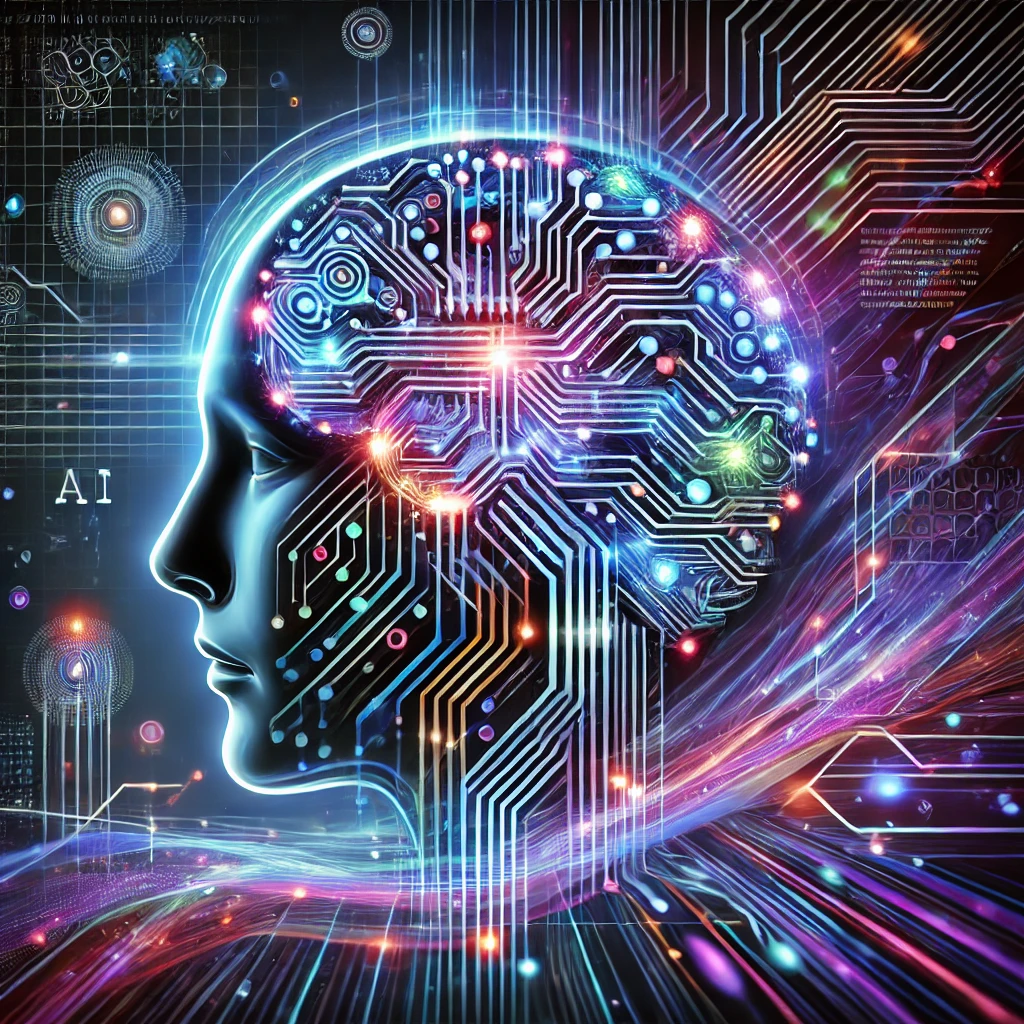
Artificial Intelligence (AI) has rapidly transformed from a futuristic concept into a reality that permeates our daily lives. From personalized recommendations on streaming platforms to self-driving cars, AI’s influence is undeniable. But what makes AI truly intelligent? The answer lies in its cognitive skills—specifically, learning, reasoning, and self-correction. These three pillars are the foundation of AI programming, enabling machines to not only process vast amounts of data but also to make informed decisions and improve over time.
The Cognitive Skill of Learning in AI
At the heart of AI programming is the ability to learn. This cognitive skill allows AI systems to evolve from simple data processors to complex problem solvers. Machine learning, a subset of AI, focuses on teaching machines to learn from data. Algorithms analyze patterns and trends in the data, enabling AI to make predictions or decisions without being explicitly programmed for each task. The more data an AI system processes, the more it learns, continually refining its accuracy and effectiveness.
For instance, consider a recommendation engine on an e-commerce platform. Initially, it may only provide basic suggestions based on a user’s previous purchases. However, as it gathers more data on user behavior, preferences, and trends, it can offer increasingly personalized recommendations, enhancing the user experience.
Reasoning: The Brainpower of AI
While learning is crucial, reasoning takes AI to the next level. Reasoning involves the ability to process information, analyze it, and make decisions based on logical thinking. In AI programming, reasoning is what allows machines to solve complex problems, draw inferences, and understand context.
AI systems use two main types of reasoning: deductive and inductive. Deductive reasoning involves drawing specific conclusions from general rules, while inductive reasoning allows AI to generalize from specific examples. This combination enables AI to handle tasks that require more than just data processing—such as understanding natural language, diagnosing diseases, or even playing strategic games like chess.
For example, in autonomous vehicles, AI uses reasoning to make real-time decisions on the road. It processes information from sensors, such as the distance of nearby objects or the speed of other vehicles, and uses this data to make decisions that ensure safety and efficiency.
Self-Correction: The Key to Continuous Improvement
The most advanced AI systems are not static; they have the ability to self-correct. Self-correction is a cognitive skill that enables AI to identify errors in its processes and make adjustments to improve future performance. This is particularly important in dynamic environments where conditions can change rapidly.
Through self-correction, AI systems can learn from their mistakes and refine their algorithms to avoid making the same errors in the future. This ability is often achieved through feedback loops, where the AI system receives feedback on its performance, analyzes it, and updates its algorithms accordingly.
For example, in machine translation, AI systems continuously refine their translations by comparing them with human translations. As they identify discrepancies, they adjust their algorithms to improve accuracy over time.
The Future of AI Cognitive Skills
As AI continues to evolve, the cognitive skills of learning, reasoning, and self-correction will become even more sophisticated. These skills are not just enhancing the capabilities of AI systems; they are paving the way for innovations that were once the stuff of science fiction. From healthcare to finance, AI’s cognitive abilities are driving progress in nearly every industry.
For developers and businesses, understanding these cognitive skills is essential for leveraging AI’s full potential. By focusing on AI programming that emphasizes learning, reasoning, and self-correction, we can create smarter, more efficient systems that not only meet today’s challenges but anticipate tomorrow’s needs.
AI’s cognitive skills—learning, reasoning, and self-correction—are the engines that drive its incredible potential. As these skills continue to advance, AI will play an increasingly vital role in shaping the future of technology and society. By unlocking the power of these cognitive abilities, we can harness AI’s true potential to innovate, solve complex problems, and improve the world around us.


